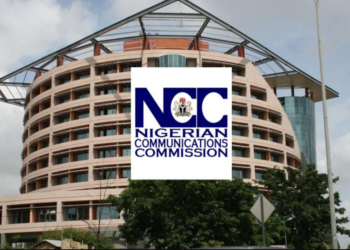Unity Bank’s Unstructured Supplementary Service Data (USSD) now communicates to the bank’s customers in Nigeria’s local language. The USSD code, which is one of many channels banks use to offer their services, is mainly in English, but Unity Bank has become the first to offer the service in Yoruba, Hausa, and Igbo.
USSD is one of the innovations from the advancement of technology and has become a very popular option among bank customers. But Unity Bank has taken it a notch higher with the input of language which makes the USSD feature flexible for its customers.
So, from now on, when the bank’s customers dial the shortcode, *7799#, they can select their preferred languages to conduct their transactions.
“The upgrade in the features of the transaction the platform is part of Unity Bank’s initiatives aimed at achieving an optimal level of interaction on the USSD banking channel.
“It is targeted at market segments at the lower level of the pyramid intended to drive greater financial inclusion in the country as well as deploy more solutions for fast, efficient and convenient banking, whilst targeting the underbanked,” Unity Bank said.
(READ MORE: Law Union, Lafarge, Unity Bank lead gainers’ chart on Tuesday)
The solution will boost existing e-payment channels available to the bank’s customers to further drive customer experience, Olufunwa Akinmade, the Group Head, Retail, SME & E-Business for Unity Bank said.
This change will heighten competition: This change will be a welcome development for Nigerians who don’t understand the English language and could further deepen the penetration of Unity Bank among the rural areas and native speaking communities which are underbanked and underserved due to their inability to communicate in English.
Even without the preferred language option, the Nigeria Inter-Bank Settlement System (NIBBS) said USSD transactions grew by 35% in 2018 to N261 million from 25% in 2017. The new feature will increase the popularity of USSD among Nigerians, and in order not to lose their customers to Unity Bank, other banks will likely adopt the same feature to maintain their grip on existing customers and attract more from the lower end of the customer base, leading to intense competition.





















